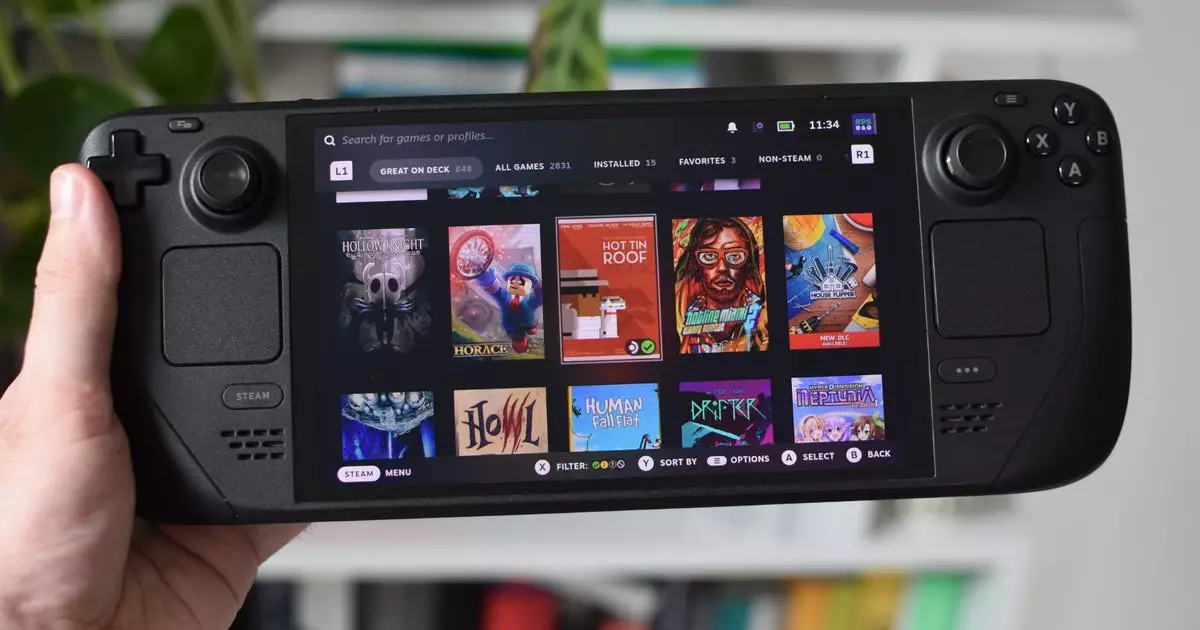Valve has been vocal about their plans to extend SteamOS beyond the Steam Deck and onto other gaming devices, including competitor handhelds. A recent beta update hinted at adding support for the Asus ROG Ally, sparking excitement among gamers. The Verge reached out to Valve for confirmation, and it was indeed confirmed that work is underway to bring SteamOS to non-Steam Deck portables. Lawrence Yang, a Valve engineer, emphasized that the team is actively working on adding support for additional handhelds to run SteamOS. While this support is not yet plug-and-play ready, it signals a positive step towards expanding the reach of SteamOS to a wider audience.
For gamers who appreciate the performance of devices like the ROG Ally and Lenovo Legion Go but prefer not to use Windows 11, the prospect of running SteamOS on these devices is promising. Navigating a desktop-oriented operating system on a handheld device can be cumbersome, making the appeal of a gaming-centric OS like SteamOS more attractive. The ability to access a broader range of PC games on non-Steam Deck devices without encountering compatibility issues is a compelling advantage. Whether through cloud gaming or manual installation of non-Steam launchers, expanding SteamOS support opens up new possibilities for gamers.
While some users may desire dual-boot functionality to switch between SteamOS and Windows on their handheld devices, this feature appears to be a lower priority for Valve at the moment. Despite initial discussions about the potential for dual-booting when the Steam Deck launched, the implementation of this feature has been delayed. Lawrence Yang mentioned that while preparations for Windows drivers for the Steam Deck OLED are in progress, there is no update on the timeline for dual-boot support. As of now, users can resort to a workaround by installing Windows on a microSD card, but seamless dual-booting directly from the Steam Deck’s SSD may require additional development and testing.
The expansion of SteamOS to non-Steam Deck devices represents a significant opportunity for Valve to broaden the adoption of their gaming platform. By enhancing compatibility with popular handhelds and addressing user preferences for different operating systems, Valve is catering to a diverse audience of gamers. While challenges such as dual-booting support remain on the horizon, the ongoing efforts to improve and expand SteamOS demonstrate a commitment to innovation and user experience in the gaming industry.


Leave a Reply